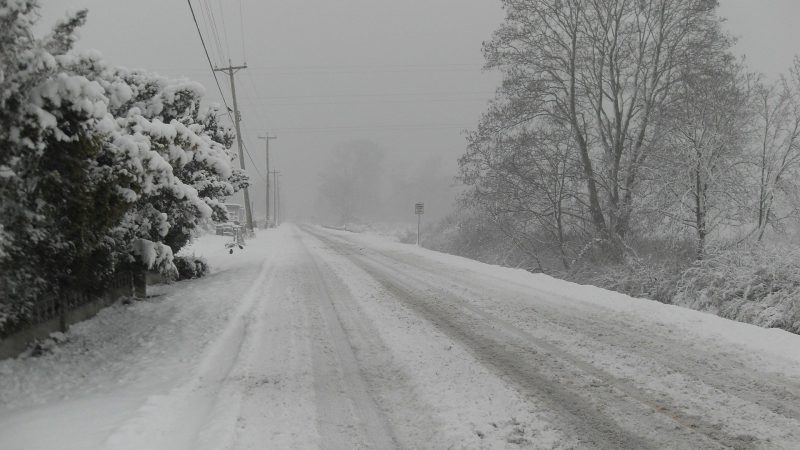Texas Health and Human Services Digest: February 17, 2021

From HHSC: While every effort has been made to offer an accurate and current listing of meeting agendas and events on this calendar, the information has been compiled from a variety of sources and is subject to change without notice to the user.
Please Note: This is a comprehensive list of upcoming meetings provided by HHSC. Not every meeting fits the parameters for coverage by Texas Insight. Refer to Texas Insight’s “Weekly Insight” newsletters for regular updates on planned coverage.
February 17, 2021
CANCELLED: Proposed Payment Rates for HCBS – Adult Mental Health Supported Home Living and YES Waiver In-Home Respite
CANCELLED: Texas Medical Disclosure Panel (TMDP) Agenda
February 18, 2021
CANCELLED: Health and Human Services Commission Executive Council Agenda
CANCELLED: Intellectual and Developmental Disability System Redesign Advisory Committee System Adequacy Subcommittee (IDD SRAC SA) Agenda
CANCELLED: Task Force of Border Health Of

